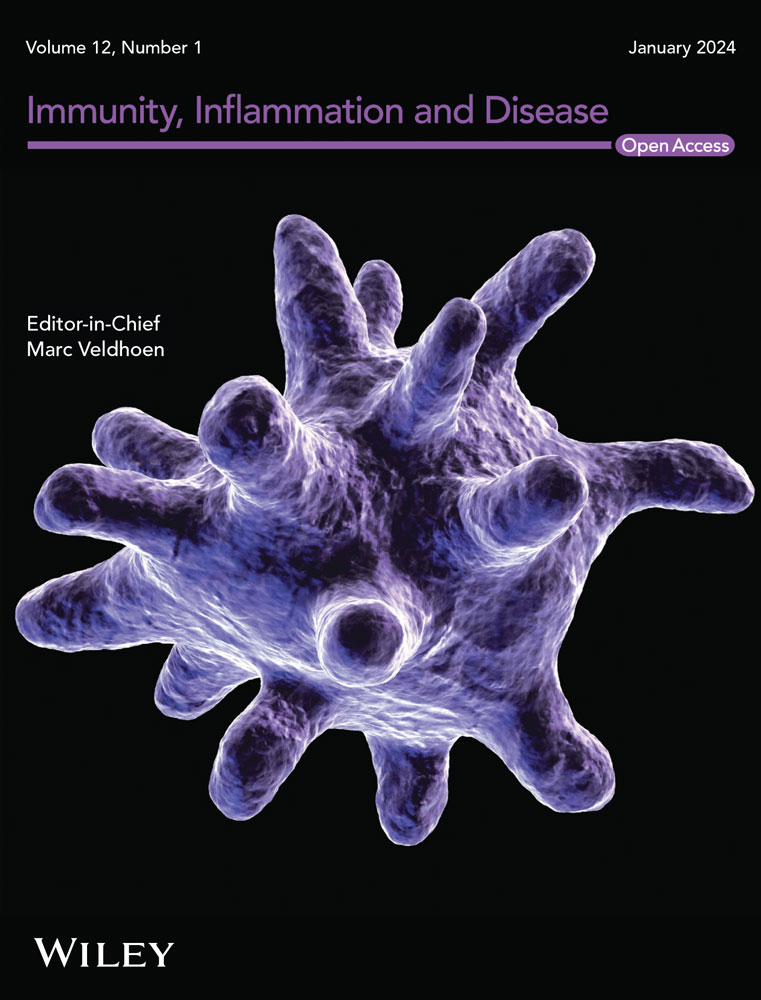Persistent Lymphopenia as a Poor Prognostic Factor in Patients With Multiple Organ Dysfunction Syndrome in the Renal Intensive Care Unit: A Retrospective Single-Center Study
Abstract
Purpose
Multiple organ dysfunction syndrome (MODS), defined as two or more organ dysfunction during infection or following shock or trauma, correlates with poor outcomes. Clinical data, including MODS in the renal intensive care unit (ICU), are scarce. Therefore, we investigate the clinical characteristics and prognosis of patients with MODS in the renal ICU.
Methods
A single-center, retrospective cohort study of 99 adult patients with MODS admitted to the renal ICU of the National Clinical Research Center of Kidney Disease, Jinling Hospital, Nanjing, China, from October 1, 2011 to October 1, 2021.
Results
99 patients had a mean age of 49.7 ± 16.5 years old, and 51 (51.5%) patients died within 28 days after being admitted to the renal ICU. Infection (80 patients, 80.8%) was the most common reason for admission, with 47 cases being pulmonary infections. Of all of the 99 patients, 73 (73.7%) presented with persistent lymphocytopenia (lymphocyte count < 1.1 × 109/L from the day of ICU admission through to day 7), with 33 and 40 presenting moderate (lymphocyte count 0.6–1.1 × 109/L) and severe persistent lymphopenia (lymphocyte count ≤ 0.6 × 109/L), respectively. These patients had higher illness severity and chronic kidney disease (CKD) prevalence. Patients with severe persistent lymphopenia were associated with higher 28-day ICU mortality (87.5% vs. 42.4% vs. 7.7%, p < 0.001) versus those with moderate and without persistent lymphopenia. Multivariable logistic regression analysis revealed that the number of organs involved, APACHE-II score, and persistent lymphopenia were independent risk factors for 28-day mortality in patients with MODS. The value of lymphocyte count on day 7 of admission in predicting poor prognosis of patients was higher than on other days (Area Under Curve, AUC = 0.831).
Conclusions
Patients with MODS are critically ill with high mortality. Persistent lymphopenia is frequent in patients with MODS and is independently associated with 28-day mortality. Lymphocyte counts on day 7 of admission were shown to be highly predictive of prognosis.


 求助内容:
求助内容: 应助结果提醒方式:
应助结果提醒方式:


